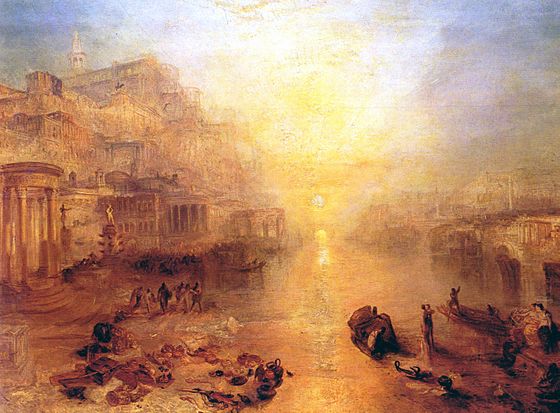Tag Archives: Roman empire
By Richardson Akande, Contributing Writer, Classical Wisdom The History of the Roman Empire is embedded with war conquests by mighty generals who were exceptional in the art of war. From the beginning of the Republic around 509 BCE to the peak around 117 CE, to the fall of Rome and the adoption of Constantinople as
Do All Roads ACTUALLY Lead to Rome?

We all know the phrase “All roads lead to Rome”. Today, it is used proverbially and has come to mean something like “there is more than one way to reach the same goal”. But did all roads ever really lead to the eternal city? The Power of Pavement There was a close connection between roads
Inflating an Empire

By Ben Potter Imagine a world where Europe is united under a common banner, has shared interests, open markets and… a single currency. A currency that has such an impact on the continent that it leads to mass inflation and threatens the very existence of the union itself! Imagine… it’s easy if you try. Of
Constantine: Convert or Con-artist?
By Amy Zahn When most people hear the name “Constantine,” all they think is the word “Christian.” And there’s good reason for that – Constantine was the first Christian Roman emperor, after all. However, there is much more to his story than just that. Most people don’t know, for instance, that Constantine wasn’t even meant
Magna Graecia – or Greater Greece
by John Mancini The ebb and flow of empires, societies and cultures… these are the elements that make western culture what it is today. More specifically, the spreading of ideas, agriculture and religion across different, often disparate cultures accounts for the rich diversity that makes up our combined heritage. This “cultural diffusion”, as it is
Caesar’s Gaul
By Benjamin Welton When it comes to Julius Caesar’s accounts of the Gallic wars, it’s clear to see that propaganda was his chief concern. Of course, he claims to have recorded his conquest for the purposes of posterity, namely that his notes would be the source material for a later, more qualified Roman historian. But








